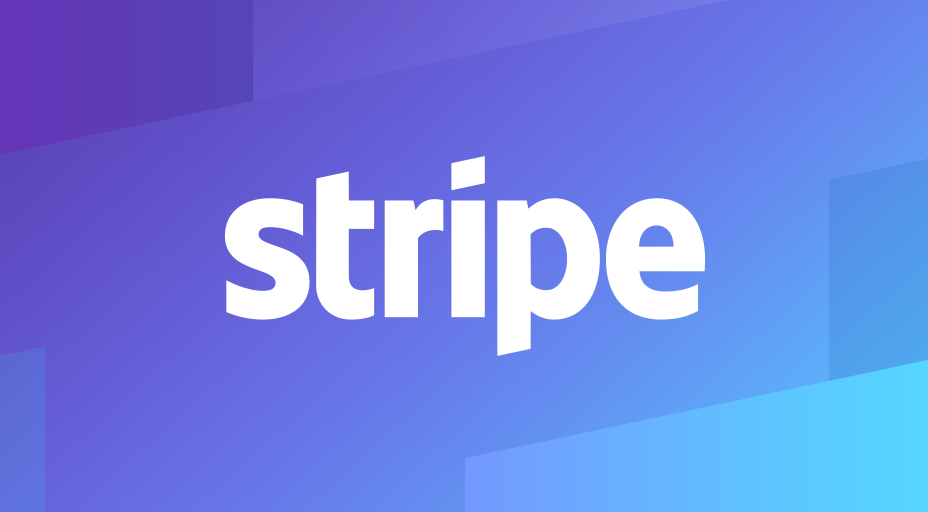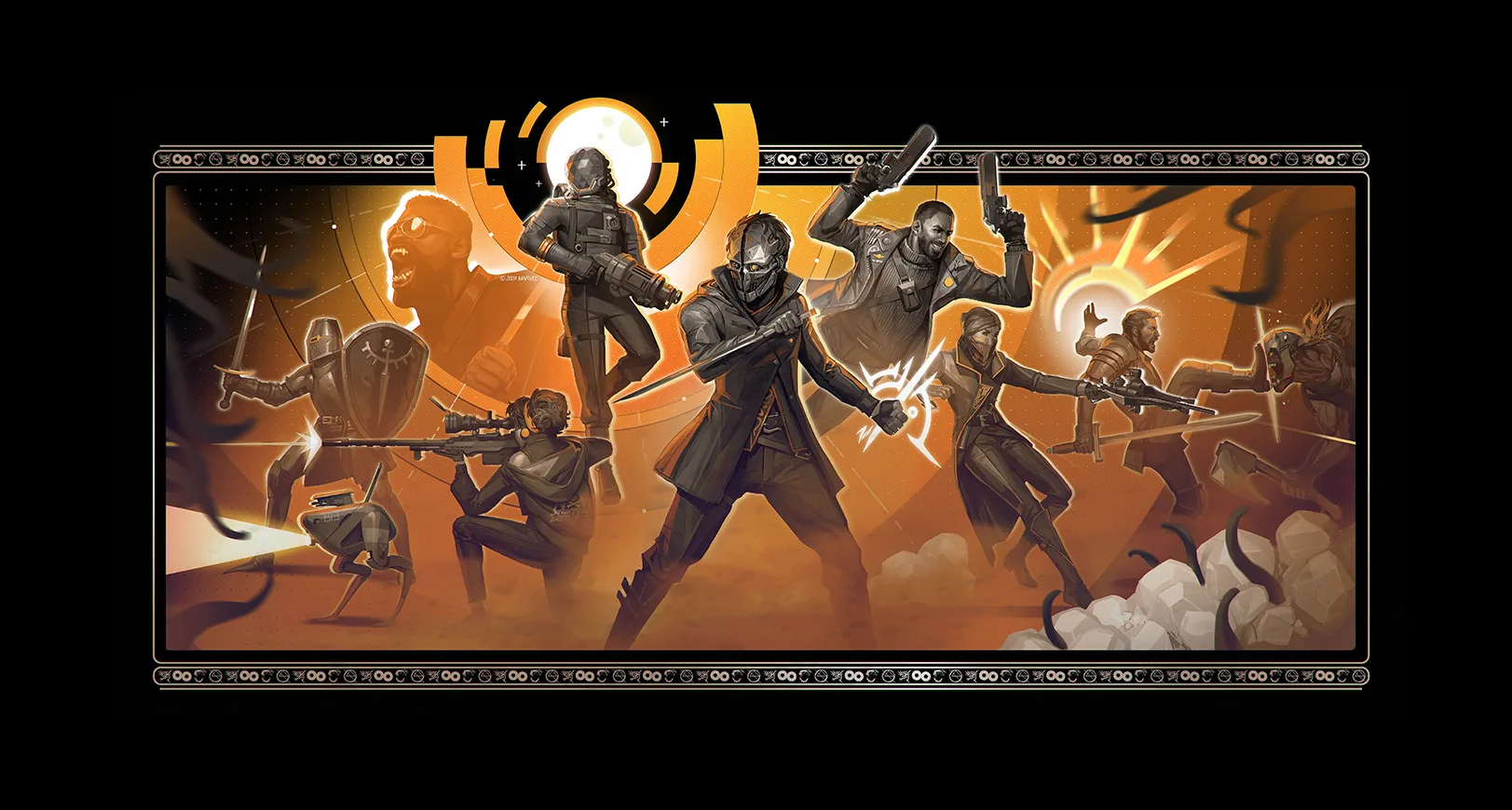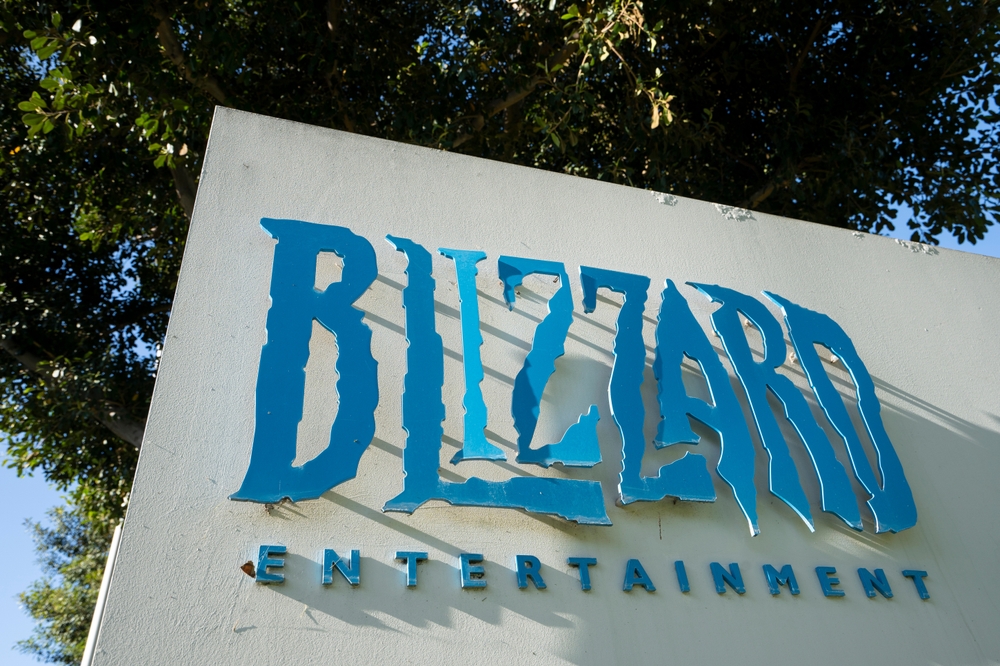If you work at a Visa, Mastercard, Stripe, or PayPal call center, your past few days might have taken on a recurring theme. Since last week’s sudden de-indexing of almost all NSFW content sent shockwaves through indie game storefront Itch.io, concerned creators and fans have been organizing to call the aforementioned reportedly-responsible companies and voice their displeasure en masse. Coordinating across BlueSky, Twitter, Discord, and Reddit, their rationale is simple: If Collective Shout, the activist group that has claimed responsibility for adult game removals on Itch and Steam, could move the needle with 1,067 emails to payment processors, a much larger group can tug the needle right back.
Of course, this relies on some pretty big assumptions: 1) That Collective Shout, which claims to fight "against the objectification of women and the sexualization of girls" but which over the years has largely set its sights on banning porn, underwear ads, concert tours, and various video games, can be taken at face value and is not exaggerating its involvement to boost its own profile (Collective Shout has mentioned Visa, Mastercard, and PayPal, and Itch has named Stripe, PayPal, and Collective Shout, but none of those financial companies have directly indicated that Collective Shout’s pressure swayed them). And 2) that Collective Shout’s success was born of numbers and persistence, rather than a system rigged in its favor – propped up by squeamish, puritanical companies that were ready to take action the moment a semi-notable third-party tugged on their sleeve.
Still, those providing phone numbers, pre-written scripts, and entire websites to the hundreds of thousands of people opposed to censorship on Steam and Itch say they at least have to try.
“Outside of boosting posts and donating to causes via social media, I haven't been involved with something like this to this extent before,” Dieselbrain, a former artist who created a resource-rich anti-censorship cheat sheet, told Aftermath. “I decided to do this because seeing how quickly payment processors were moving to pressure platforms like Steam and Itch just made me realize that we need to start organizing more concretely. In many ways I'd rather be doing literally anything else, but livelihoods and expression are under fire from many different points of attack, so something had to be done.”
“I think an outrage like this was inevitable,” Cereza, an artist and developer who created a site called Stop-Paypros, told Aftermath. “This was just the boiling point for a [lot of] people, me included. Itch.io is one of the most creator-friendly websites I've ever seen and a godsend for aspiring creatives like me. Watching itch.io being forced to delist all of these works felt like yet another opportunity closing in front of me. … If payment processors don't listen to the outrage right now, I think it'll only delay their troubles in the future.”
Cheat Sheet v.2nothing from the prior version is incorrect, but ive made it a little easier to read, plus included a bit more helpful informationimgur link: imgur.com/a/wWaLY2imore comprehensive info can be found here:stop-paypros.neocities.orgyellat.moneyMAKE YOUR CALLS!!!
— Dieselbrain (@dieselbrain.bsky.social) 2025-07-27T20:30:56.865Z
The pages community stewards like Dieselbrain and Cerza have put together advise trying to phone all four – and in some cases even more – targets each day and prepare those who’ve heeded the call for the long haul. "This is a marathon, not a race," reads Dieselbrain's cheat sheet. "Clogging their phone lines for an extended period, over a month at the absolute least, will almost guarantee that these companies will at least have to pay attention to the backlash."
Void, a Vtuber and artist who’s put together a website and Discord to aid the cause, concurs.
"The most important thing is to keep talking about this,” he told Aftermath. “We have momentum and we need to keep it. This can't just be something we all forget about by next week. Meaningful change only happens if we work together and don't give up!”
Different guides offer different approaches, starting with basic by-the-book talking points but in some cases getting craftier. For example, Cereza’s page includes an oblivious option (“I'm calling because a few days ago I wanted to buy a game that was a bit uh... on the adult side of things, but now I can't buy it anymore. I asked around and got told to call here, cause apparently you guys told [STEAM/ITCH.IO] that they couldn't sell adult games anymore?”) as well as some sterner alternatives for those with the stomach to get under customer service reps’ skin (“If these changes aren't made then I, along with many others will be forced to seek other options for processing payments. If [PAYMENT PROCESSOR] continues to impede on legitimate businesses, free speech and users' freedom to purchase legal goods, I will press as many opportunistic law firms as possible and kick off a class action lawsuit against your company.”)
[PayPal] put me on a 16.5 hour silent hold yesterday.
It’s difficult to say just how many people have spent the past several days tying up the lines of card companies and payment processors, but the movement has made itself visible enough to gain support from larger industry bodies like the Communications Workers of America and the International Game Developers Association. Additionally, its most vocal proponents have reported a shift in how representatives treat them. Late last week, callers say reps were already telling them that they weren’t alone in expressing their specific concern, but otherwise maintained a chill, professional demeanor. Now, midway through this week, Visa and Mastercard reps have apparently taken to shunting incensed Steam and Itch users down scripts of their own and, in some cases, expressing impatience or frustration.
“Visa was hit and miss – either respectful or defensive; it went from respectful to defensive with each passing day,” Trepe, a member of Void’s anti-censorship Discord who said that they’ve made over 20 calls in total, told Aftermath. “When they were defensive, they didn't bother answering my question. They did ‘promise me’ a callback, but I have a feeling they just lied.”
Trepe went on to say that during one call they got yelled at, and in others, reps immediately ended the call.
Another repeat caller, Henrick, told Aftermath that generally escalating the issue to a supervisor – rather than a rank-and-file rep – has required a specific ask and that, even then, that hasn’t fully worked; at best, they’ve received a confirmation number for their case. At worst, well…
“[PayPal] put me on a 16.5 hour silent hold yesterday,” Henrick said to Aftermath.
It’s not difficult to find similar anecdotes on sites like BlueSky – some supportive and others less so – suggesting that at least some of those on the front (phone) lines are starting to buckle under the pressure.
Aftermath reached out to Visa, Mastercard, PayPal, and Stripe for more information. The former three did not reply as of this publishing, while a spokesperson for the latter – who seemed exceedingly familiar with the Steam/Itch situation – pointed to the adult section of Stripe’s prohibited businesses list.
"Stripe has a policy against commenting on users,” the representative told Aftermath. “Generally speaking, we take action when we conclude that users violate our terms of service. We do not support adult content."
i compiled a bunch of forms and petitions as well as phone numbers and e-mails from most payment processors you can use to contact them and file a complaint regarding their decisions to strong-arm steam and itchio. remember to be cordial when contacting people.stop-paypros.neocities.org
— cereza (@cereza.zone) 2025-07-25T01:12:39.923Z
Similarly, Mastercard’s “illegal or brand-damaging transactions” policy forbids “the sale of a product or service, including an image, which is patently offensive and lacks serious artistic value (such as, by way of example and not limitation, images of nonconsensual sexual behavior, sexual exploitation of a minor, nonconsensual mutilation of a person or body part, and bestiality), or any other material that the Corporation deems unacceptable to sell in connection with a Mark.”
These policies often lean on terms like “illegal,” but experts in payment processors and censorship say the reality of the situation is far less black and white.
"I think the reason that activist organizations tend to target payment companies is that they're seen as the weakest link in providing online content payment services,” Rainey Reitman, special advisor to the Electronic Frontier Foundation and author of forthcoming book Transaction Denied: Big Finance's Power to Punish Speech, told Aftermath. “They don't really care about most individual accounts, because they're not making that much money, in the grand scheme of things, off of any one account. So any hassle that's going to cause them, like a headache or bad publicity or potential scrutiny from regulators, they just wash their hands of it. There's no consequences for them in shutting off accounts in the United States; they don't have an obligation to provide services to people or even to provide an explanation when they choose to end a financial relationship, except in a very limited number of circumstances."
While beleaguered call center workers are an unintended casualty of this potentially ceaseless dustup between companies and campaigners, the real goal is to deprive companies of time and money. In an ideal world, those spearheading the anti-censorship movement hope, companies will eventually reverse course. This might sound like a pipe dream, but it’s not unprecedented: In 2021, following backlash from users, OnlyFans reversed a decision to ban porn prompted by banks and payment companies. "Thank you to everyone for making your voices heard," OnlyFans said on Twitter at the time. "We have secured assurances [from banking partners] necessary to support our diverse creator community and have suspended the planned October 1 policy change."
"I haven't seen backlash like this to this sort of censorship pressure since something similar happened with OnlyFans a few years back, and that backlash was able to turn that situation around," said Deiselbrain. "I think people are hitting a breaking point and they're sick of these kinds of draconian policies."
I haven't seen backlash like this to this sort of censorship pressure since something similar happened with OnlyFans a few years back.
According to Mike Stabile, director of policy at a trade association for the adult industry called the Free Speech Coalition, the OnlyFans situation provides few surefire takeaways, but it does demonstrate a lack of legal and moral authority that companies like Visa and Mastercard disguise with official-sounding-but-vague terms of service.
"OnlyFans has been sort of tight-lipped about what actually happened [when it reversed its porn ban], but several days before OnlyFans made that decision, [Congresswoman Ann Wagner] had sent a letter to the Department of Justice saying that there was exploitation happening on OnlyFans,” Stabile told Aftermath. “The claims were really sort of without evidence, but it generated headlines and attention, which makes bankers nervous. ... They don't want to lose Visa and Mastercard, right? They don't want to be excluded from those networks. The threat of costly government investigations or bad PR can sometimes make them nervous enough where they were going to pull back from working with a specific platform."
"But the idea that it's just about what's legal is ridiculous,” he added. “It's not about what the law allows you to process. These are often very subjective rules around what falls outside the brand guidelines for Visa and Mastercard. And even if something doesn't fall outside the brand guidelines, it may just be something that is uncomfortable. ... [Questions of] 'Is this inside the bounds? Is this outside the bounds? Should we be processing that? Should we not be processing that?' are often incredibly subjective."
Stabile speculated that specific game removals on Steam and new rules on both Steam and Itch are meant to bring video games in line with what card companies and payment processors would be comfortable with in real-life porn. But that approach, he noted, doesn’t really stand up to prolonged scrutiny: "The difference is that you can't shoot anybody in real life, but there are plenty of games in which you can do that,” he said. “The stuff [companies] are talking about is entirely legal. It's legal to have in a book, it's legal to have in a game. They are making decisions based on their brand, based on public pressure from anti-porn groups, and that can be reversed."
I know we're upset about itch, but they're not the only onesPayment processors harassed companies bc of a 1,000 email hate campaignBut we can EASILY top 1,000!I prewrote an email + got the contact info - you just have to send!↻💬♡ to boostWe CAN make a difference 💕#itch #censorship1/🧵
— Void🔞 | VGen (@voiddebris.bsky.social) 2025-07-24T14:19:58.141Z
Itch now finds itself waiting on the outcome of some of those subjective determinations to decide when, how, and which NSFW content will return to the store, according to site founder and owner Leaf Corcoran.
"The situation is evolving as we await final determinations from our current payment processors, Stripe and PayPal,” Corcoran wrote in an FAQ on Itch. “There are still unknowns that prevent us from providing a fixed timeline."
Where Steam, a platform on which every product page is reviewed before going live, was able to target specific games and issue new policies relatively quickly, Itch, an open platform, has been forced to conduct “a broader review.”
“Every payments platform is built on many layers of different partners, from banks to card networks,” Corcoran told Aftermath. “When we got a policy notice from Visa, it went up that chain before arriving in our inbox. Each layer has a team that decides if they are willing to continue doing business with us. When we received the notice, we were told that those teams were likely actively clicking around on our site to determine if itch.io is a business they can support. It was incredibly critical that we addressed problematic pages as fast as possible. The changes we are making to our platform have to convince them that we've taken the violation seriously and that we're committed to a solution that will avoid any future issues.”
Throughout this process, Itch has also been hit with backlash from creators who feel abandoned in the face of an outside incursion. Some have pointed out, though, that Itch’s relatively small team is at least keeping the public abreast of its progress and methodology – that it’s less walled-off than, say, Steam. Corcoran can see where the critics are coming from.
"Honestly, I feel like our communication has been lacking,” he said. “I've personally been prioritizing critical platform updates over communicating externally. We've done our initial audit and implemented product changes, so I had a moment [earlier this week] to update our users on what's going on. We owe it to our developers to keep them updated while pages are deindexed."
Reps at these companies are very much aware of what's going on. I can only hope that this can lead to a positive change for creators. The work the community is doing is incredibly impressive and should be celebrated.
Corcoran cheers the movement to get card companies and payment processors to reverse their decision, though if it’s causing them to waver, they’ve yet to communicate it to him: "No one at any of the companies we're in touch with has mentioned [all the calls and messages] to us yet. I do see on social media, though, that reps at these companies are very much aware of what's going on. I can only hope that this can lead to a positive change for creators. The work the community is doing is incredibly impressive and should be celebrated. I think it's important that these discussions are happening."
In the long run, Corcoran plans to “start working with more financial partners that are equipped to handle the kind of content we have.”
“It's our own fault for not having additional relationships with payment processors in place to avoid interruptions like this,” he said.
That will hopefully mean NSFW games can continue to flourish on the platform – that The Great Deindexing will be remembered as merely an interruption before a return to regularly scheduled programming. In the meantime, however, games that do not include content card companies and payment processors might find objectionable appear to have run afoul of the rules on both Itch and Steam – a nightmare scenario that some see as the beginning of a slippery slope. VILE: Exhumed, a deeply personal horror game that was recently banned from Steam, has game makers feeling especially on edge.
"I am extremely disappointed to let you know that VILE: Exhumed has been fully removed and banned for sale on Steam," wrote the game’s creator, Cara Cadaver, on BlueSky. "I want to be clear: VILE: Exhumed was not banned for its use of gore in storytelling or the violent themes. It was banned for 'sexual content with depictions of real people,' which, if you have played it, you know is all implied, making this all feel even worse."
Other developers of games that explore adult themes, like Tryhard, Zugzwang, and Hurt Me Plenty creator Robert Yang – whose games were also deindexed on Itch – have found hope in the movement to push back against bank companies and payment processors but believe that this might be a sign that it’s time to think bigger.
“In the long run, maybe the only way to prevent payment processor censorship is to distribute games without payment, non-commercially,” Yang told Aftermath. “But obviously people need money to survive. Maybe we have to imagine other ways of supporting artists.”
At the heart of all of this is a question: What are the companies that handle our transactions? Are they merely utilities, like gas or electricity, or should they play a greater role in shaping society? It’s one that’s being asked in court right now, as part of a case focused on Visa, Pornhub, and sex trafficking.
“[The case] is trying to hold Visa accountable for sex trafficking by providing financial services to advertising on PornHub, which is a sweeping and mind-boggling accusation,” said Reitman. “Are you going to hold the water company accountable for sex trafficking, for providing water to PornHub? It just doesn't make any sense. With that said, it's still in the courts. We'll see how the courts sort that out, and it might be a long time before we get an answer about it, but it's possible that some of these financial companies are watching that case and wondering what might be in the future for them."
Naomi Clark, game designer and chair at the NYU Game Center, believes that the PornHub case is just one tendril of a much larger beast.
"These matters currently exist in a kind of legal and regulatory ambiguity where it's not entirely clear who could be held liable for some kind of vague ‘harm’ stemming from explicit content,” Clark told Aftermath. “Certainly the situation with [adult] content on Tumblr, on OnlyFans, and the lawsuit against PornHub's owner MindGeek show how varied these outcomes can be. In the case of MindGeek, you had one judge saying in 2022 that Visa could be named in that lawsuit as a defendant even though they were just processing payments, and another judge earlier this year saying the opposite in the same case, dismissing Visa as a defendant because in his view they're only a utility company."
Are you going to hold the water company accountable for sex trafficking, for providing water to PornHub? It just doesn't make any sense.
Then there’s FOSTA and SESTA, the anti-sex work, pro-censorship laws disguised as anti-trafficking bills that leave companies and online platforms vulnerable.
"Nobody really knows whether SESTA and FOSTA could be stretched to prohibit any kind of fictional content that could be perceived as ‘promoting sex trafficking’ or how broad that could get,” said Clark. “In many ways legal and government systems have abdicated setting guidelines, but we clearly have an incredibly litigious executive in the White House who favors abusing the law and lawsuits and regulatory power to prohibit speech he and cronies don't like, so that sets the tone."
The end result? Fear.
"We are in a time of fear, uncertainty, and doubt – even for top risk management, compliance, and legal executives in corporate settings,” said Clark. “There's been a lot of ‘We will just ignore this as long as we can look the other way,’ and Collective Shout pierced that bubble. But I don't think even the people at the top have a clear idea of what the safe or sensible thing to do is."
This is why Reitman believes that even if the movement to pressure bank companies and payment processors to stop meddling in Steam and Itch’s affairs does not succeed overnight – or ever – it’s still worthwhile.
“I think the more pressure the public can put on companies like Visa and Mastercard the better, because right now I fear that these financial companies only hear from people who are calling on them to engage in more censorship,” she said. “So these phone calls can be a powerful counter narrative.”
"There's this bigger societal question, which is, do we think that payment services and financial companies should ever be weighing in on online speech issues, or should just be neutral intermediaries that provide financial services?” she continued. “I would argue quite strongly for the latter. … There are any number of people who are closer to the content, who are better able to judge whether or not that content should exist. Financial companies are so far removed that they can't really weigh in on these issues."
Update 8/1/25: Itch has reindexed free NSFW games as it continues conversations with alternative payment processors to reenable the sale of games mainstream financial companies might find objectionable. Meanwhile, Visa and Mastercard have both released statements effectively washing their hands of the situation but also, paradoxically, justifying any actions they might have taken (Speaking with Aftermath, Itch's founder, Leaf Corcoran, specifically cited a notice from Visa as an incident that led to the sudden deindexing of so many games).
"Visa does not moderate content sold by merchants, nor do we have visibility into the specific goods or services sold when we process a transaction. When a legally operating merchant faces an elevated risk of illegal activity, we require enhanced safeguards for the banks supporting those merchants," Visa said in a customer service response. "While we explicitly prohibit illegal activity on our network, we are equally committed to protecting legal commerce. If a transaction is legal, our policy is to process the transaction. We do not make moral judgments on legal purchases made by consumers."
"Mastercard has not evaluated any game or required restrictions of any activity on game creator sites and platforms, contrary to media reports and allegations," Mastercard wrote in a statement posted to its website. "Our payment network follows standards based on the rule of law. Put simply, we allow all lawful purchases on our network. At the same time, we require merchants to have appropriate controls to ensure Mastercard cards cannot be used for unlawful purchases, including illegal adult content."
As explained in this very article, the part where the two companies act as though their hands have been tied by the long arm of the law is, frankly, bullshit. None of the games removed from Steam or Itch were illegal. They depict actions that are perfectly legal in other mediums. To re-quote Mike Stabile, director of policy at the Free Speech Coalition: “The stuff [companies] are talking about is entirely legal. It's legal to have in a book, it's legal to have in a game. They are making decisions based on their brand, based on public pressure from anti-porn groups, and that can be reversed."







